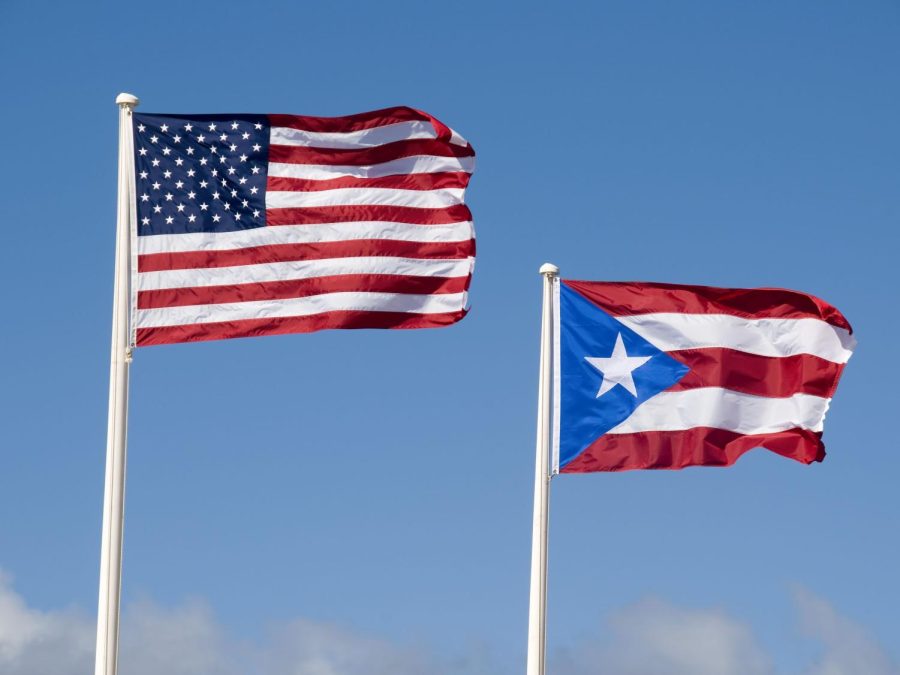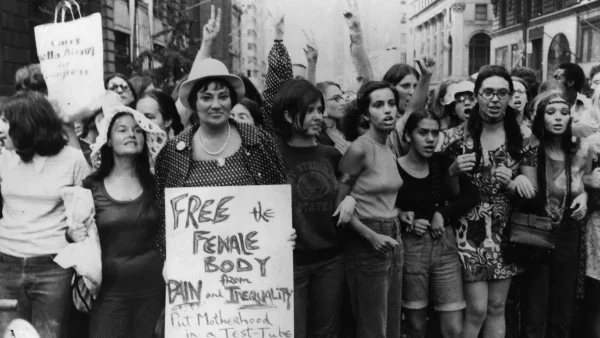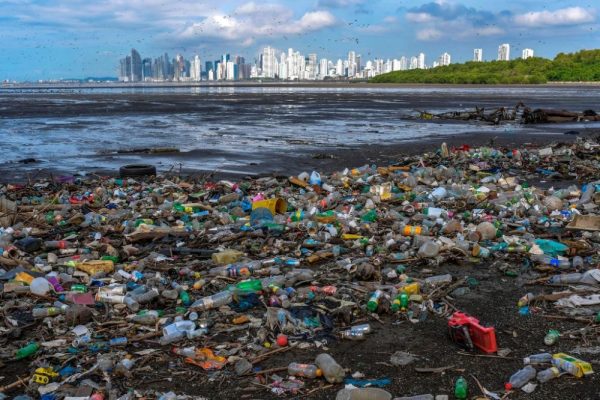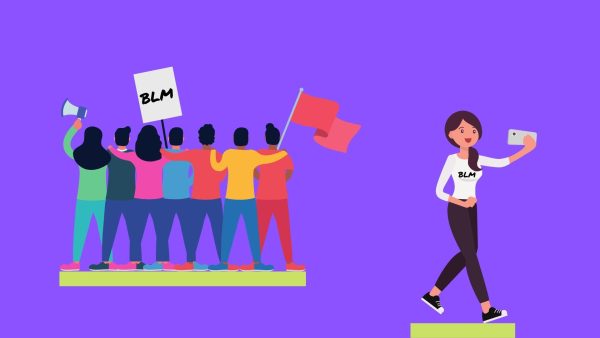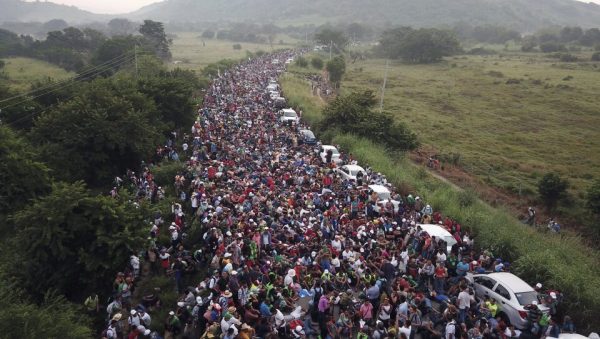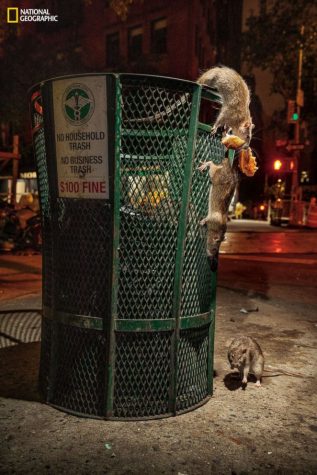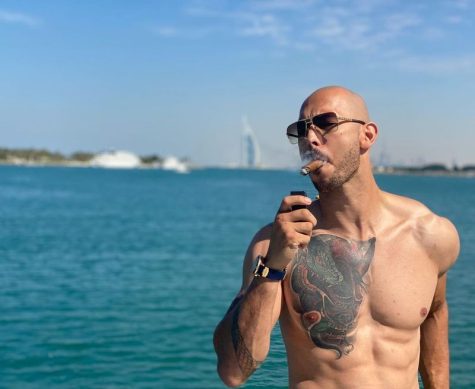Op/Ed: U.S. Rules Against SSI for Puerto Rico Residents
On April 21, the United States ruled that the residents of Puerto Rico were not entitled to the same federal welfare benefits that the residents in the country’s 50 states receive. When I saw this article on Twitter, I felt that this needed to be highlighted because it sounded outrageous.
With an 8-to-1 ruling, the top U.S. court ruled against a Puerto Rican resident who argued that the people who were not receiving any type of benefits that were being allocated to low-income and disabled Americans, violated his constitutional rights. This could also be known as Supplemental Security Income, (SSI).
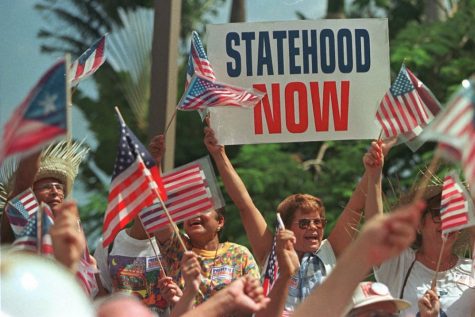
This has been a long time coming as there will always be differences between the people who are living in Puerto Rico and the higher-ups in the U.S. Puerto Rico is under the powers of the U.S. even though it is not a state and this is why the people of Puerto Rico feel that they should be allowed to receive these types of additional income.
The argument from the U.S. is that the justices argued that the Constitution allows Congress authority over federal taxation and benefits in Puerto Rico, which is saying that the residents of the island do not pay federal tax which makes them ineligible for SSI.
These citizens of Puerto Rico who grew up and have no other choice but to stay in Puerto Rico because of their financial situation or family situation, do not have any say in what they receive and don’t receive. If they all could I am sure that they would just move to the U.S. to then be able to receive these types of benefits, but that is not always possible.
The residents of Puerto Rico are U.S. citizens, but since they have no representation in Congress, they are not allowed to vote in elections. Conservative Justice Brett Kavanaugh stated that Congress might decide to extend SSI benefits to Puerto Rico sometime in the future, but when being asked if the SSI benefits would be the same to the residents of Puerto Rico as they are to the US citizens, the answer was no.
When you have the power to be able to help people that are in need, and you choose not to do that even if it is not the full extent that they are looking for, I feel that should show how they think of the residents of Puerto Rico.
Jose Luis Vaello Madero is a disabled Puerto Rico resident who was involved in this case. Madero was sided by the lower courts. Madero had moved to Puerto Rico from New York but continued to receive SSI benefits. This caused an uproar with the authorities when they found out that they deemed him not eligible and sued him for $28,000.
Liberal Justice Sonia Sotomayor said it best who is the main voice in support of the citizens of Puerto Rico. She stated, “Denying the benefits to hundreds of thousands of eligible Puerto Rico residents just because they do not pay enough taxes is utterly irrational.”
The island was acquired in 1898 during the Spanish-American War, and the fact that these people all of these years later are still suffering from a technicality from this decision is very sad to see.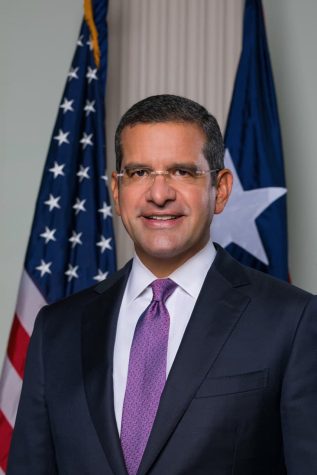
There cannot be this much of a disconnect between the U.S. and Puerto Rico, these citizens who work just as hard as anyone else does in the U.S. deserve to be able to live a life that is not paycheck to paycheck because of their disability or amount of income they receive. Puerto Rico’s governor, Pedro Pierluisi, has had enough of these types of decisions.
“ Enough of this colonial status that discriminates against us and affects our quality of life.”
That is purely what is happening when these decisions are made, the U.S. Congress does not feel that the lives and way of living in Puerto Rico are equal to the U.S. And that is why there will never be equality between these two places until there is a change that is made.
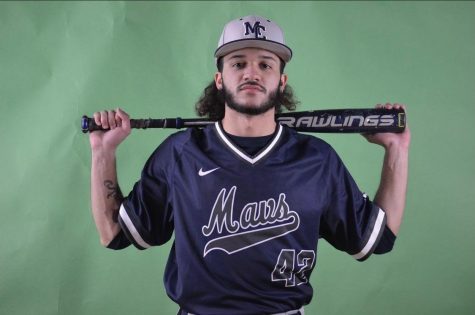
Luis Ruiz is currently a Sophomore at Mercy College. He is currently enrolled in the Media Studies major here at Mercy while pursuing his dream of being...



